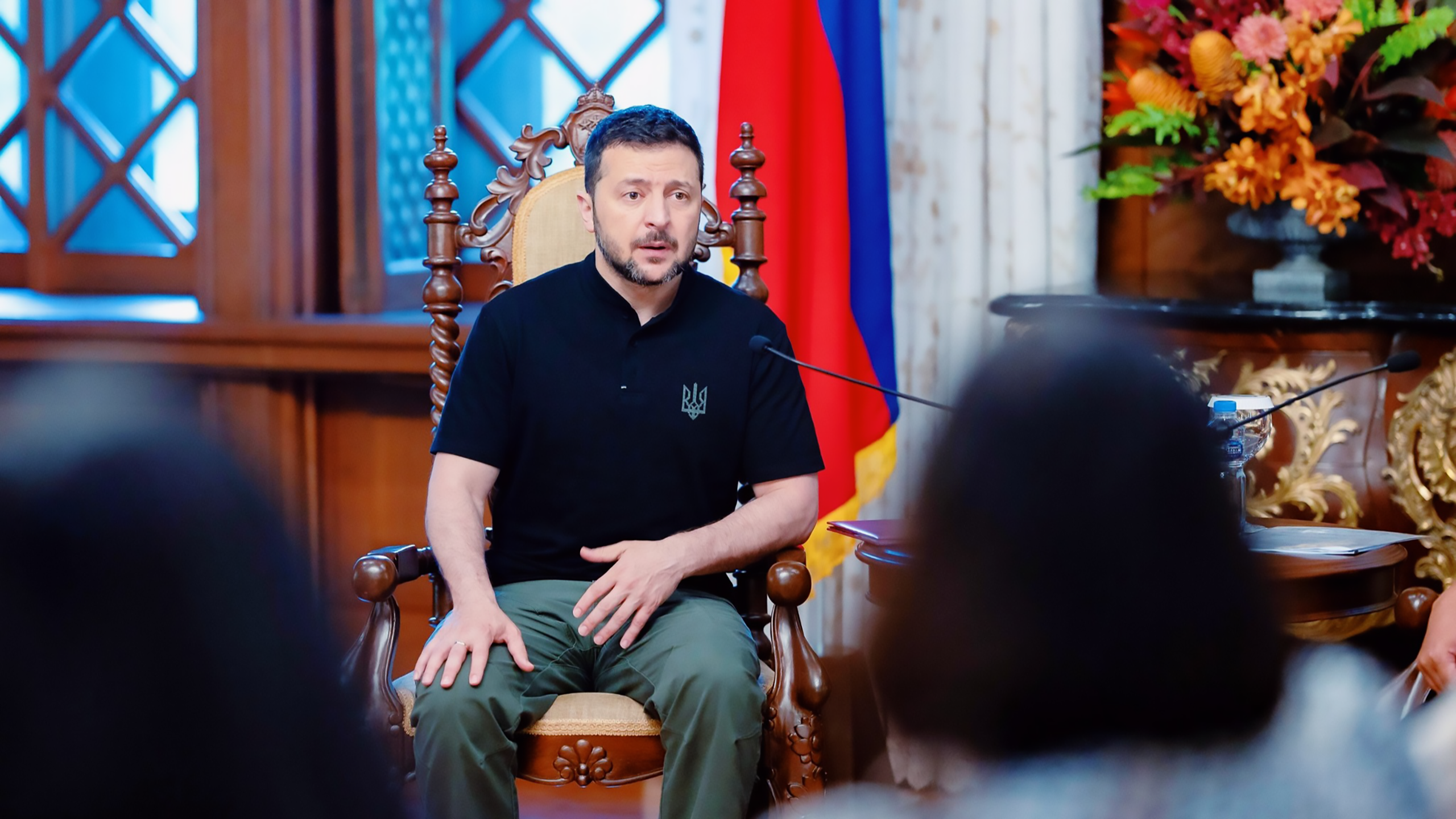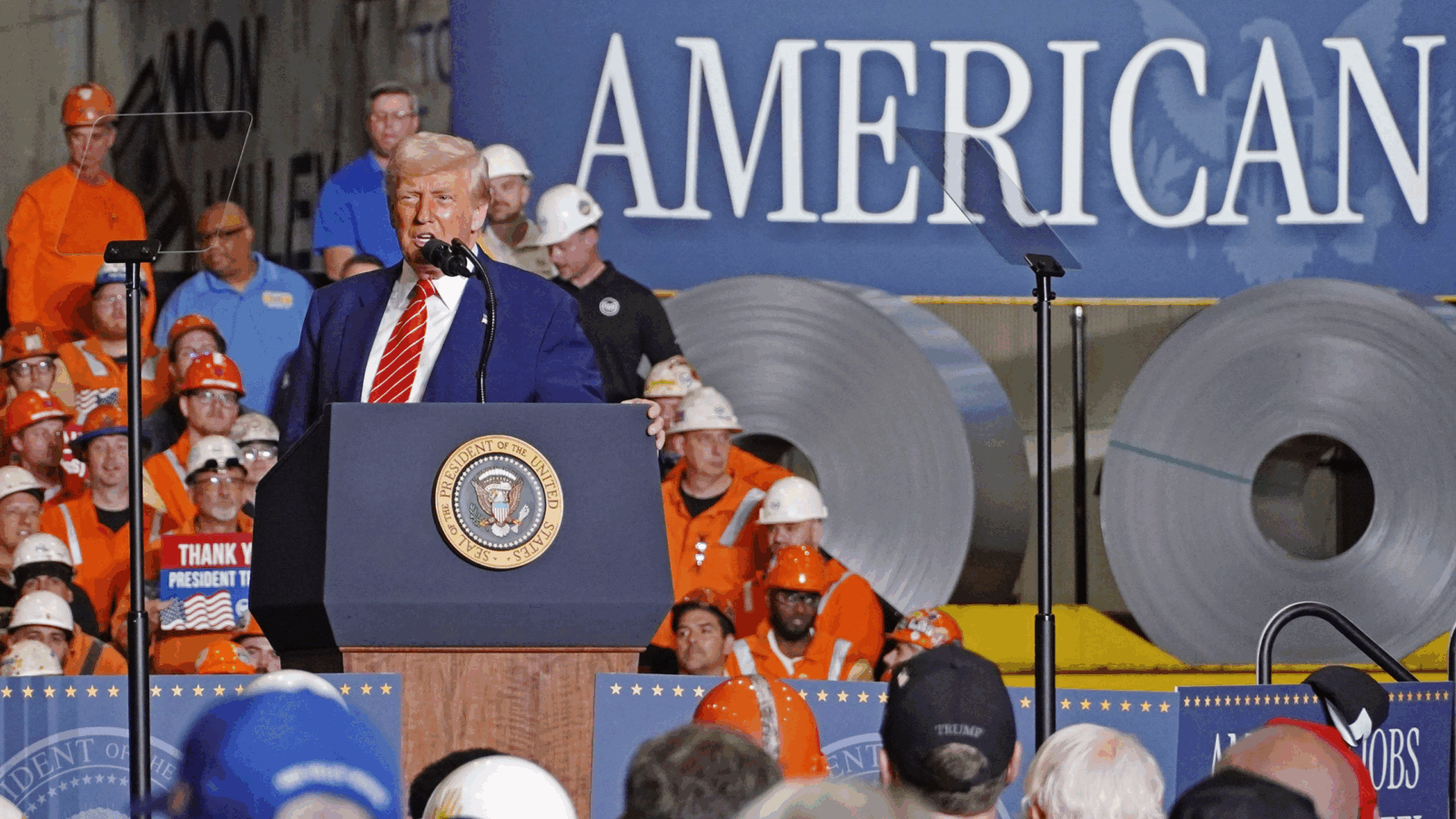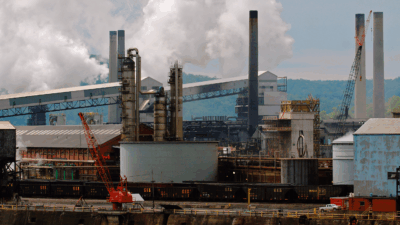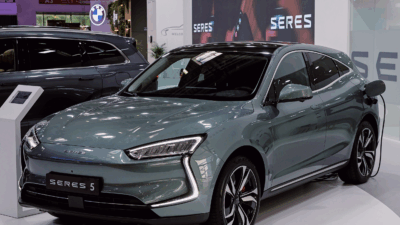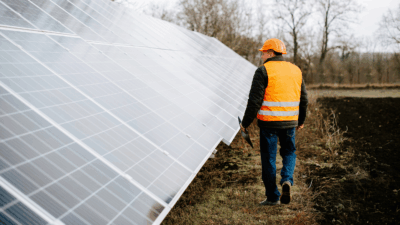Ukraine and US Hatch a Mineral Deal with a Rare Problem
The pact will also grant the US access to the country’s deposits of the 17 so-called rare earth elements, if the even exist at all.
Sign up for smart news, insights, and analysis on the biggest financial stories of the day.
US and Ukrainian officials said Wednesday that they struck a deal to share revenue from the Eastern European country’s resources, including mineral reserves, oil and gas.
The pact will also grant the US access to the country’s deposits of the 17 so-called rare earth elements, which are crucial to technology ranging from lasers to wind turbines and electric vehicles. There’s just one hitch: Those deposits may be so rare in Ukraine that they don’t exist.
A Critical Error
The agreement — which President Donald Trump declared a “very big deal” — comes as his administration seeks financial returns in exchange for continued American support for Ukraine amid an ongoing Russian invasion. Trump indicated to reporters earlier this month that he was under the impression Ukraine has “very valuable rare earths” that the US would like to get its hands on.
The US Geological Survey (USGS) says known deposits of rare earth minerals totaled 110 million tons in 2023, and more than 60% of the world’s supply was extracted by America’s biggest economic competitor, China. There’s your simple reason why access to more rare earths is a US priority.
The deal agreed to Wednesday says that Ukraine will put 50% of the earnings from “future monetization” in a fund in which the US will have a stake. Some of that fund will be reinvested into Ukraine, though the breakdown and the size of the American stake are TBD. Oh, and so is the size of those rare earth deposits being touted:
- Ukraine has lots of so-called critical minerals like lithium, uranium, gallium and titanium — in fact, according to the USGS, it has deposits of 22 of the 50 minerals that the US classifies by that term, meaning they have strategic economic or national security importance. Kyiv controls Europe’s largest lithium deposits, a metal essential to batteries and electric vehicles, and prior to the Russian invasion, it had roughly 7% of the world’s titanium and 2% of its uranium.
- That’s why some people think maybe Trump meant critical and not rare because, according to the USGS, “Ukraine isn’t known to hold any reserves of the main rare earth elements.”
There’s another TBD: who gets to mine the stuff. If US firms were allowed to participate in development, a host of publicly traded companies could benefit: Think Albemarle, America’s largest lithium miner and the world’s largest supplier of the metal for electric car batteries. Or uranium miners like Energy Fuels and Uranium Energy. Ukrainian President Volodymyr Zelenskyy said earlier this month, when discussions were still in earnest, that his country was open to mining with partners.
Percentage Cut: The Trump administration initially said it wanted $500 billion in profits from Ukraine’s resources, but Kyiv balked. A percentage agreement is likely more amenable to Ukraine because getting resources to market requires high overhead costs — mining ain’t cheap — and raw material prices fluctuate.
